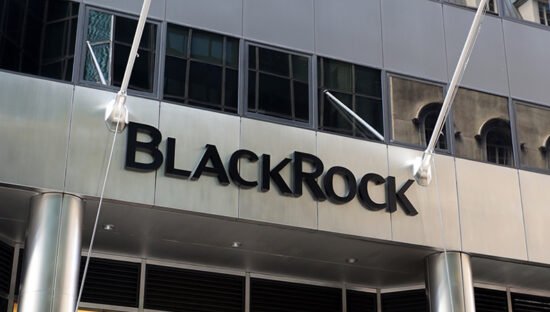FPI’s latest investor attitude survey was conducted last month and drew responses from more than 1,600 global expatriates and domestic affluent investors across Singapore, Hong Kong and the United Arab Emirates. It found that 41% of wealthy Singaporeans would seek advice from a financial adviser before making an investment decision.
By contrast, in Hong Kong, where more onerous compliance rules and commission disclosure have reportedly hit sales of certain types of investments recently, notably investment-linked assurance products known as ILAS, the FPI researchers found that just 27% would seek advice from an IFA.
In August, as many as three-quarters of Hong Kong’s high street banks were reported to have seen either a slowing in their ILAS product sales, or were no longer offering ILAS products to retail investors, but rather had begun recommending whole of life insurance products, on which the compliance requirements are less stringent. There has also been some negative publicity surrounding certain ILAS products in such publications as the English-language South China Morning Post.
While the survey found the likelihood of seeking advice in the Hong Kong market increased with age and wealth, even those with more than HK$1m ($129,000, £80,400) in investible assets were just as likely to seek help from their bank. Almost half, or 45% of those surveyed, said they would look at financial forums for information.
Almost a quarter of the affluent Hong Kong respondents who do use advisers have an idea of where they would like to invest, and simply validate with their adviser, the survey noted, with “women… more likely to do this than men, who are more likely to rely a lot on their adviser".
UAE investors still ♥ property
In the United Arab Emirates, meanwhile, just 30% of those surveyed said they would seek advice from a financial adviser before making an investment.
Compared with their counterparts in Hong Kong and Singapore, investors in the UAE were less likely to seek advice from their bank (22% of respondents), or from a stockbroker (14% of respondents), with 11% stating that they would not seek any advice at all.
In terms of asset classes, the UAE remains most confident about property, with 63% reporting that they think now is a good time to invest. In contrast, affluent respondents in Hong Kong and Singapore were less enthusiastic, with around a fifth to a quarter (26% in Hong Kong and 18% in Singapore) saying they did not regard the current market as attractive.
The UAE also favoured gold more than the other two regions, with 66% of respondents stating that now was a "good" or "very good" time to invest, compared with 55% in Hong Kong and 54% in Singapore.
Hong Kong was the most positive about equities, with 69% of respondents saying that now was a good time to invest.
The survey also revealed that in Singapore, education was a top priority, with many affluent residents starting to save for their childrens’ education at birth and 73% beginning to save for their childrens’ tertiary (college or equivalent) education before their fifth birthdays.
More than half of these respondents said they hoped to fund the cost of a typical three-year undergraduate degree course for their child, and a third said they intended to fund a master’s degree.
While just over 60% of the Singapore residents and expats surveyed said they planned or expected to send their child to a university in Singapore, other popular destinations included the US, Australia and the UK.
Friends Provident International’s managing director James Tan noted that education was a top saving priority across all three regions, not just in Singapore.
“This information, alongside the reliance on financial advisers, suggests that perhaps there are opportunities for them to innovate or create a niche offering" in the school fee planning space, he said.
For example, "this could be along the lines of investment opportunities that minimise currency risks, since 40% of Singapore-based respondents want to send their children abroad to study.”
To read and download the latest FPI Investor Attitudes Survey, click here.








